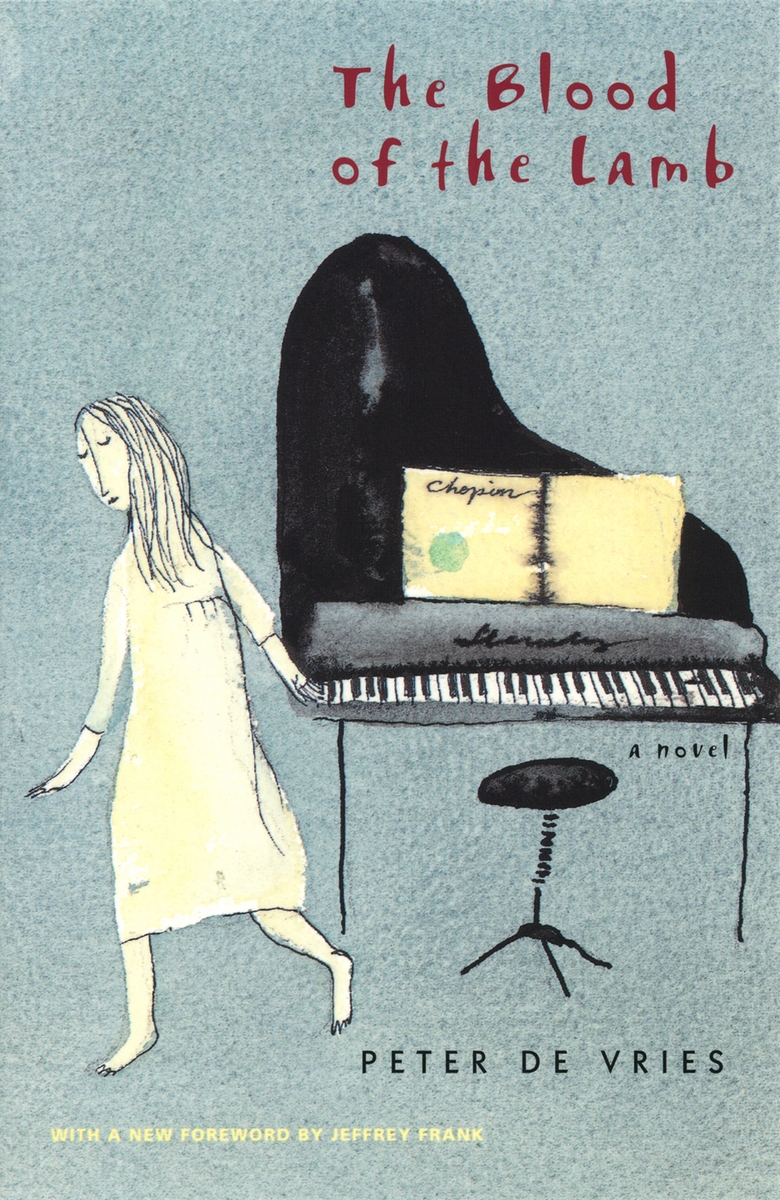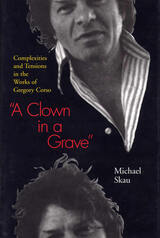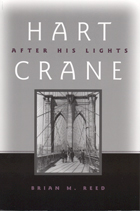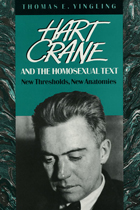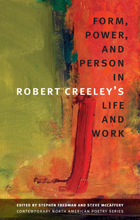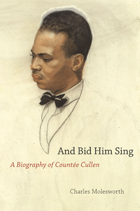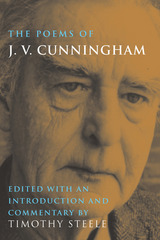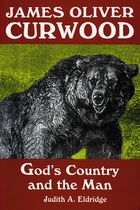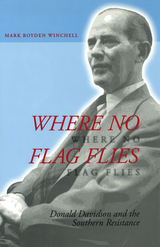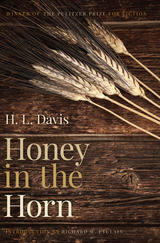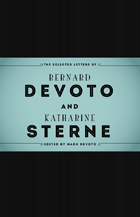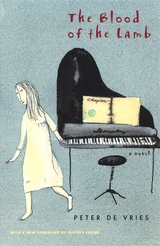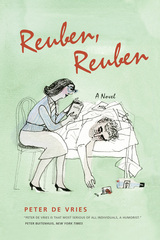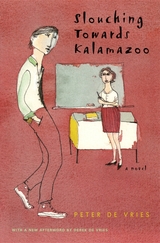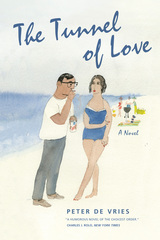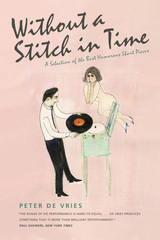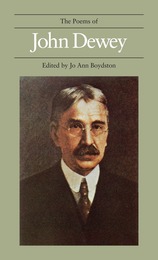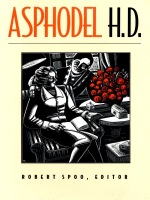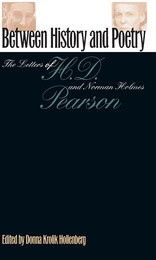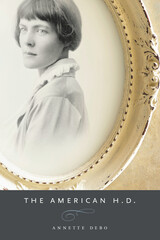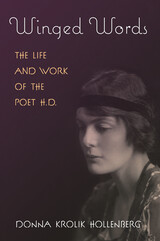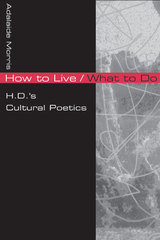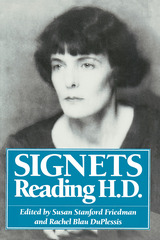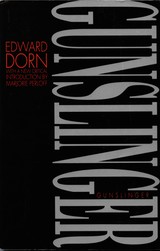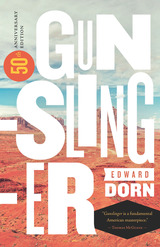"With luck, a writer capable of producing both Slouching Towards Kalamazoo and The Blood of the Lamb will not remain unappreciated for long."
— Adam Kirsch, The New York Sun
"My favorite novel of [2005] is the University of Chicago Press reprint of Peter DeVries’ The Blood of the Lamb, a tirade against faith inspired by the death of the author’s daughter. Not since Graham Greene’s The End of the Affair has a book rendered man’s rage against a hostile God so visceral.... DeVries’ Don Wanderhope moves deftly from manic hilarity to manic fury, and back again, as he tells his story. At the end, all humor drains away in a strange, explosive and utterly hopeless confrontation with the divine."
— Maud Newton, Newsday
"If Peter De Vries did not write the latter part of 'The Blood of the Lamb' with his own life's blood, I never have read a book that was so written. It plainly is autobiographical, and for poignant, sensitive treatment of the death of a beloved child it has scarcely a superior in contemporary fiction."
— Fanny Butcher, Chicago Tribune
"A masterpiece of realism and literary craftsmanship. It tells a poignant story without relying on sentiment or sacrificing humor."
— J.E. Bruns, Catholic World
“One of my favorite books ever.”
— John Green, author of "The Fault in Our Stars", www.johngreenbooks.com
"Funny, angry, and thoroughly human, The Blood of the Lamb is the best novel about cancer I've ever read."
— John Green, author of "The Fault in Our Stars", The Week
“De Vries was an editor at Poetry magazine, a staff writer at The New Yorker, and the author of some two dozen of the wittiest novels you’ll ever read, including the masterworks The Blood of the Lamb and Slouching Toward Kalamazoo, as well as The Tunnel of Love and Reuben, Reuben, just resurrected in handsome paperback by the University of Chicago Press. . . . Only those with a consummate lack of cleverness wield the word ‘clever’ as an insult, and De Vries demonstrates just how much can be done with a creative intelligence charged by the clever and satirical and ironic. Let us now praise those saints at the University of Chicago Press who possess the smarts and good taste to return to print a peerless American maestro of wit.”
— William Giraldi, The Millions
“Quick with quips so droll and witty, so penetrating and precise that you almost don’t feel them piercing your pretensions, Peter De Vries was perhaps America’s best comic novelist not named Mark Twain. . . . It’s something of a crime against literature that De Vries, whose novels of the 1950s and early ’60s made wonderful sport of postwar striving, the middle-class move to the suburbs, and generational clashes that would render major cultural shifts just a few years hence, has mostly been forgotten. . . . Literature—in the form of the University of Chicago Press—is making amends for its lapses by re-issuing the best of De Vries’ works, five comic tomes long out of print.”
— Sam McManis, Sacramento Bee
“Wounded as De Vries was, he stumbled forward in the manner he knew: by writing. He rendered the world as precisely as he could, with violence, beauty, grief, and humor intermingled. The way they always come.”
— Jonathan Hiskes, Image: Art • Faith • Mystery
